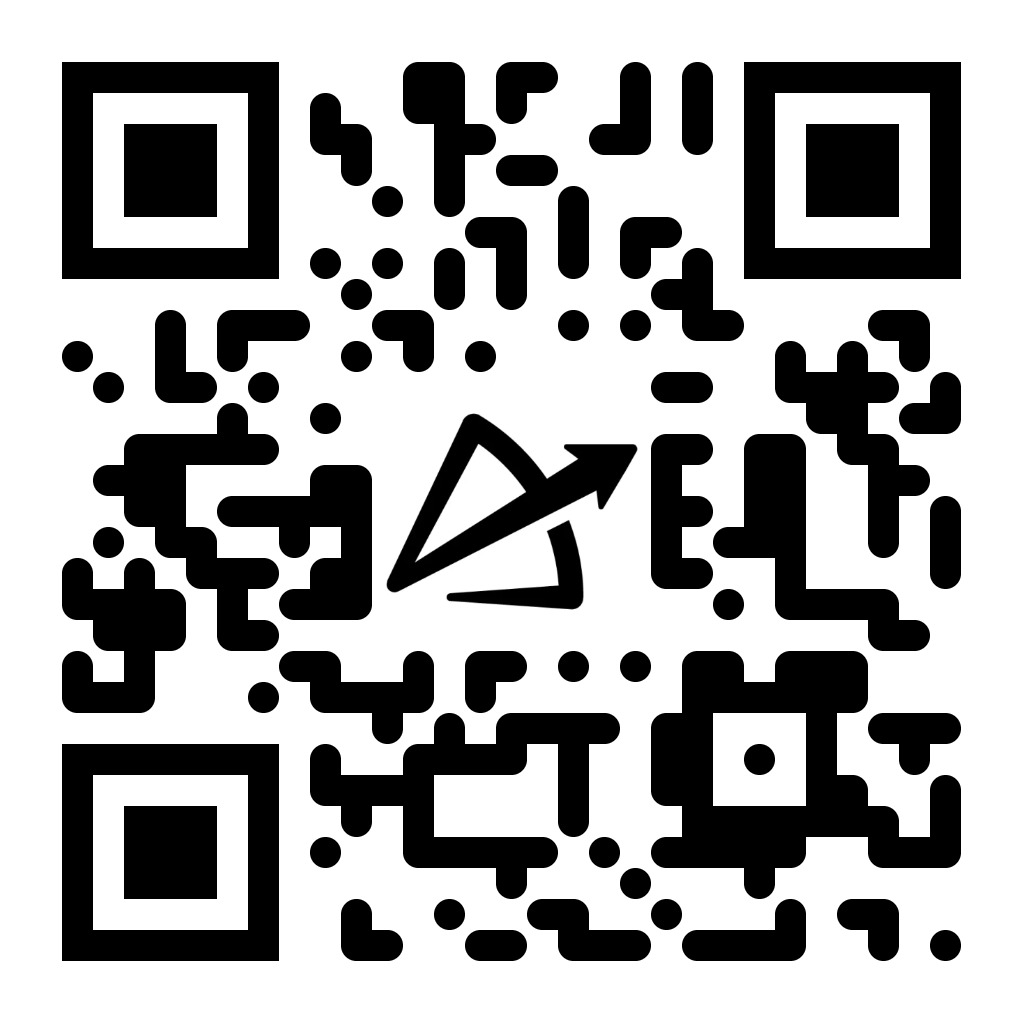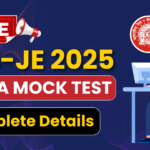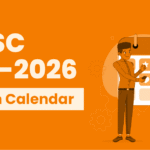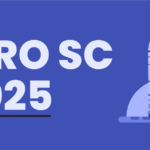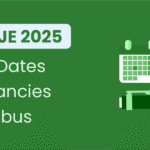ISRO Recruitment 2025: SC Post Eligibility, Syllabus, Exam Format & Salary Details
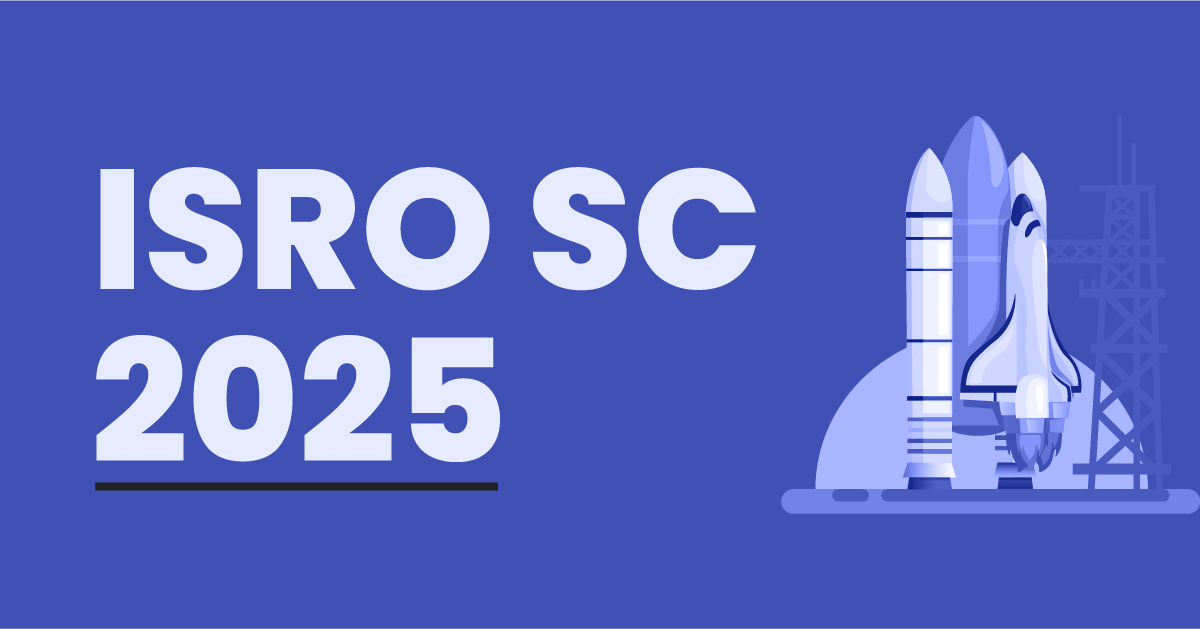
If you’re a bright engineering graduate with dreams of working for one of the world’s top space agencies, the Indian Space Research Organisation (ISRO) offers the perfect launchpad. Every year, ISRO conducts recruitment for the post of Scientist/Engineer ‘SC’, a Group ‘A’ Gazetted position, attracting thousands of aspiring engineers across the country.
Here’s your complete guide to ISRO SC Recruitment 2025 — including eligibility, syllabus, exam pattern, salary structure, and more.
What is the Scientist/Engineer ‘SC’ Post?
The ‘SC’ in ISRO’s SC post stands for Scientist/Engineer – ‘SC’, which is the entry-level Group ‘A’ Gazetted position for engineers and scientists in the organization. These roles are crucial to the design, development, testing, and execution of ISRO’s ambitious missions in satellite technology, launch vehicles, and space exploration.
ISRO SC Recruitment 2025 – Job Openings & Disciplines
ISRO is expected to release vacancies for the 2025 recruitment cycle in the following major engineering disciplines:
- Mechanical Engineering
- Electronics Engineering
- Computer Science Engineering
The exact number of posts and department-wise distribution will be announced in the official ISRO notification. Aspirants are advised to monitor the official ISRO Careers page for updates.
Eligibility Criteria
To apply for the Scientist/Engineer ‘SC’ post in ISRO 2025, candidates must meet the following criteria:
Educational Qualification:
- BE/B.Tech or equivalent degree in the relevant engineering discipline.
- Must have secured a minimum of 65% marks or CGPA of 6.84/10.
Age Limit
- Typically, the upper age limit is 28 years (for General category).
- Age relaxation is applicable for reserved categories (OBC, SC/ST, PwD) as per government norms.
ISRO Exam 2025 – Format & Selection Process
The selection process for the ISRO SC post includes:
1. Written Examination
- Mode: Offline (Pen and Paper based)
- Duration: 90 minutes
- Total Questions: 80
- Type: Objective (Multiple Choice Questions)
- Negative Marking: Yes (usually 1/3rd mark deduction)
Each discipline has its own paper based on the core technical subjects studied during engineering.
2. Interview
- Candidates shortlisted based on written test performance will be called for an interview.
- Final selection is based on a combined score of written test and interview.
ISRO SC 2025 – Syllabus Overview
The syllabus is discipline-specific, broadly covering the GATE-level technical topics in each engineering stream.
Mechanical Engineering
- Thermodynamics
- Fluid Mechanics
- Heat Transfer
- Strength of Materials
- Machine Design
- Manufacturing Processes
Electronics Engineering
- Network Theory
- Analog and Digital Circuits
- Control Systems
- Communications
- Signals & Systems
- Microprocessors
Computer Science
- Data Structures and Algorithms
- Computer Networks
- Operating Systems
- DBMS
- Software Engineering
- Theory of Computation
Tip: If you’re preparing for GATE, your preparation will also help in ISRO exams due to syllabus overlap.
ISRO SC Salary & Benefits (2025)
Selected candidates will be placed in the Level 10 of the 7th CPC Pay Matrix, with the following benefits:
- Basic Pay: ₹56,100 per month
- Dearness Allowance (DA)
- House Rent Allowance (HRA)
- Transport Allowance (TA)
- Other perks: medical facilities, performance-based incentives, leave travel concession, provident fund, etc.
The gross monthly salary usually ranges between ₹85,000 – ₹95,000, depending on posting location and allowances.
How to Apply for ISRO SC 2025?
- Visit the official ISRO website: www.isro.gov.in
- Navigate to the “Careers” or “Recruitment” section.
- Click on the Scientist/Engineer SC 2025 Notification.
- Register and fill out the online application form.
- Upload documents and pay the application fee (if applicable).
- Submit and take a printout for future reference.
Preparation Tips
- Focus on core engineering subjects—especially those overlapping with GATE syllabus.
- Practice previous ISRO papers for speed and accuracy.
- Work on time management as the written test is short but competitive.
- Follow ISRO’s previous year cutoffs and prepare accordingly.
- Mock interviews can help build confidence for the second stage.
